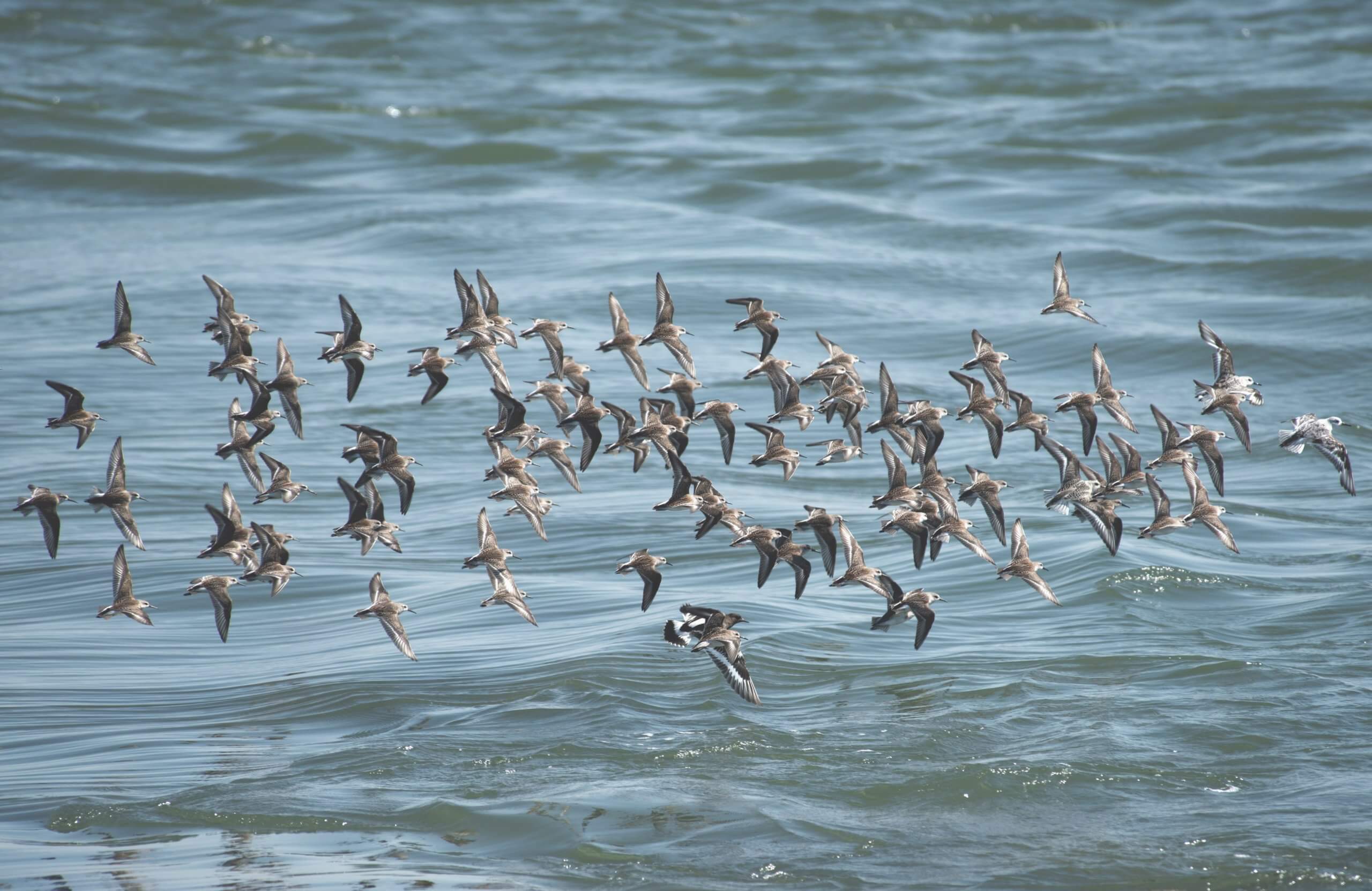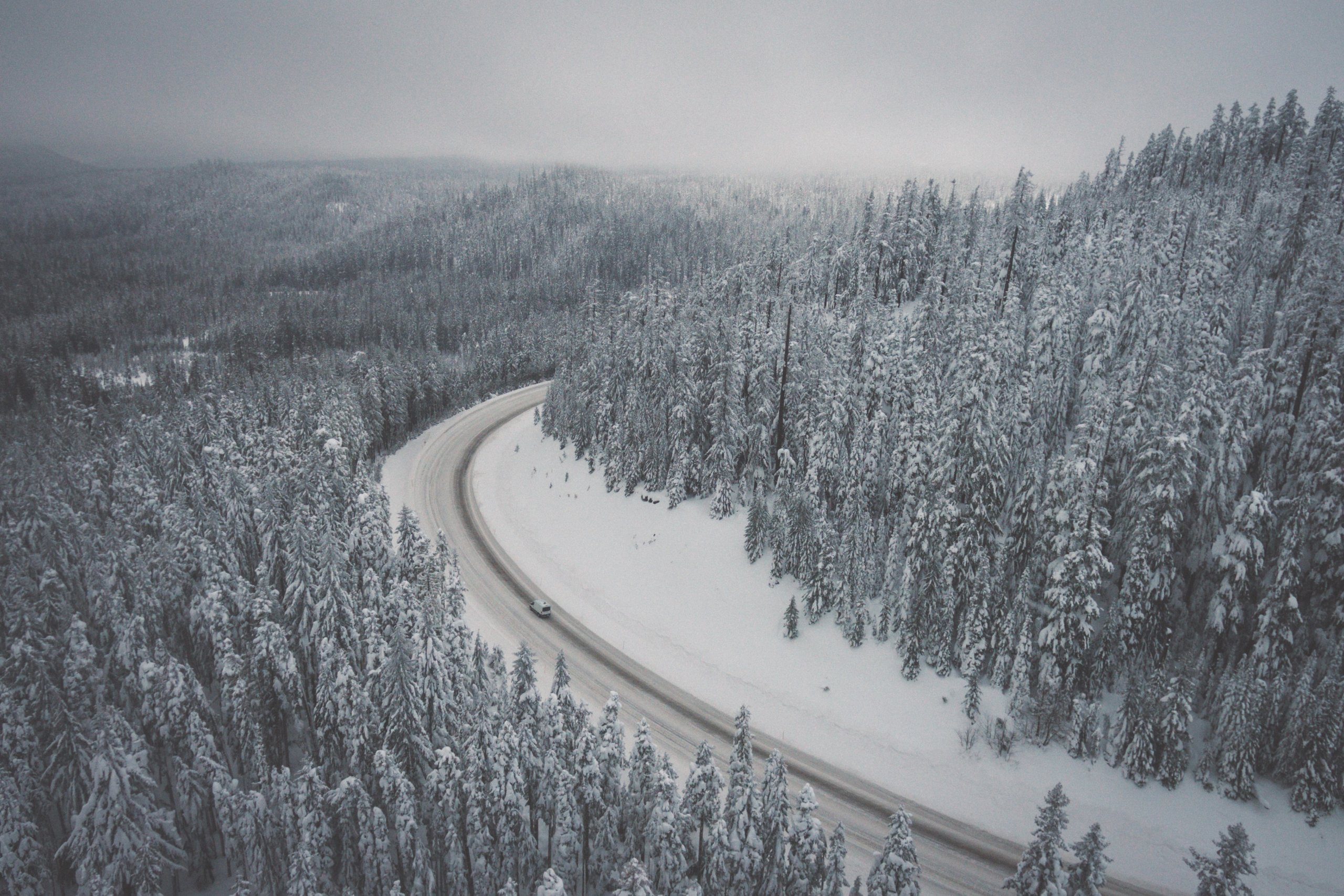When we work with scientists to clarify their key messages and to think about their audiences, we’ll often challenge them to think, “why this, why now, why you?” Why is this problem or issue so compelling? Why does your audience need to know about it now? And why are you the one to share this science? What makes you uniquely authoritative and credible?
We have been reflecting lately, that while we encourage and support scientists in sharing their “why” with the world, we often don’t share our own “why” as clearly. So as we turn the calendar to June and mark the beginning of National Ocean Month and World Ocean Day (June 8), we want to give our readers a peek under the hood and share which ocean issues we have been tackling and why—a sense for where we have been and where we are going.
Why this, why now? Ocean change and its impacts are scientifically complex and can be difficult to link directly to things people care about. But decisions are being made today that will affect the well-being of the ocean, and the communities that depend on it, for years to come. The leading edges of natural and social science need to be better connected to each other to articulate the relationships between ocean change and society, and to be better connected to communities that can use this information as they grapple with decisions about ocean use and management.
Why COMPASS? We identify spaces where scientists can help transform critical dialogues and advance the pace and quality of solutions to complex environmental problems. We support scientists to communicate effectively and connect with each other and with key external communities (such as decision makers and the media) to ensure that these transformative conversations happen. For ocean issues, our core focus for the past several years has been on the impacts of a changing ocean on people, on fisheries, and on ecosystems. We bring together natural and social scientists to think critically about how our scientific understanding of change might help unlock new solutions, and to discuss their insights with a variety of audiences. We have convened and connected to prompt catalytic discussions on new solutions, on shorter and longer scale time horizons.
Just last month, we convened a science and decision roundtable, “Fishing for Solutions in a Changing Ocean,” that brought together scientists, managers, and policy makers to explore adaptive strategies for governance in the United States, under conditions where fish stocks are rapidly shifting ranges, with more changes to come in the future.
As we tell scientists, understanding and sharing your ‘why’ can help people connect to what you’re doing and talking about. Our hope is that, by sharing our ‘why’ here – why we have been focusing our work at the intersection of climate and the ocean – we’ve given you some food for thought on how your science might connect, and what you might be able to bring to the decisions that are being made about ocean policy and management.



